Have you ever wondered if you actually love assisting people or if you are addicted to helping others to the point of over-indulgence? Let’s learn more about how empaths, caregivers or those who are codependent in relationships love fixing a broken person.
“It’s not your job to fix other people. You can’t fix them. You can only change the way you live and the way you respond to life. Decide instead to have all the traits you wish to see in others, then you will generate your own brand of happy.” – Lisa Prosen
If you’re an empath, codependent, or a caregiver, this is for you, so listen up. Are you a person who loves to find wounded people and heal them? Have you ever wondered why you choose wounded people and have the desire to try to fix them?
Addicted to helping others? Part of the reason is the good in you.
You see a broken person and can see who they are to their core. But you have to realize that not everything in life is meant for you to fix. Knowing the difference between when helping someone is a good thing and when helping someone is a bad thing is important.
Let’s take this back to your childhood to help explain why you want to fix others. If you are the person who likes to fix people and you are the person people call when they need help, chances are that when you were growing up, your needs were not always being met.
What you needed was often pushed aside. You ended up learning over time that what you wanted or needed came second and the other person’s needs and wants always came first.
Related: Why The Girl Who Fixes People Often Ends Up In Toxic Relationships
You probably also learned that someone showing you love was showing it through them fixing things for you. There was a pattern there that you probably never saw.
- Love equals this person buying you things.
- Love equals this person taking you places for fun.
- Love equals this person doing things for you all the time and never allowing you to do it on your own.
Sound familiar?
A big part of wanting to fix another person is that you deemed what is acceptable and what’s not.
One of the biggest problems with this is not everyone wants to be saved, and not everyone is ready or desires to open a door to their past. Real love is accepting someone for who they are, but remember, that doesn’t mean you should be accepting toxic behaviors.
It’s important to find the relationships and friendships that are the right fit for you. Not everyone wants to live the same way you do.
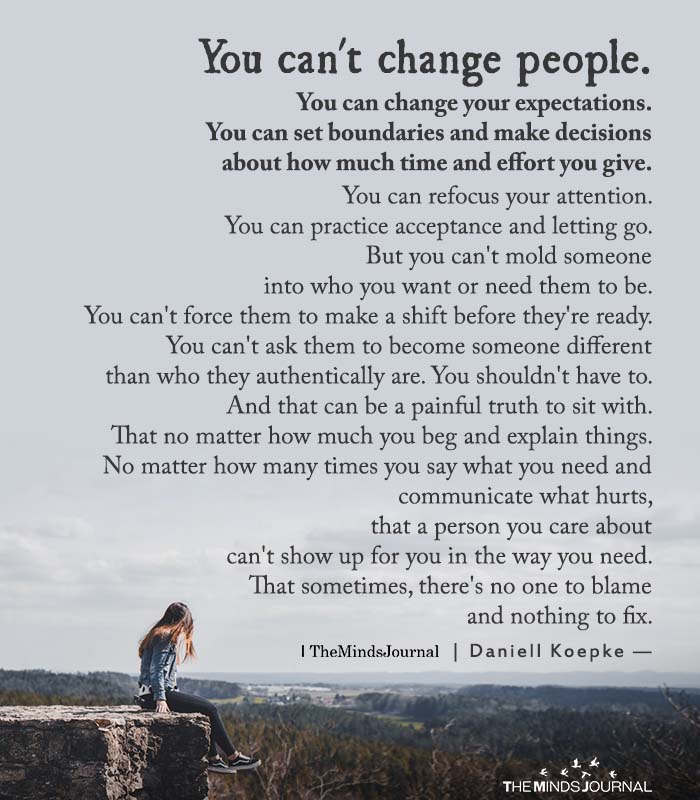
A lot of wanting to fix someone is coming from a good place within yourself.
But at the end of the day, it might show someone that you feel they are not good enough if you are always trying to fix them. This is not black and white though.
If you are in an emotionally abusive relationship, you shouldn’t overlook that and keep moving forward and accepting them for who they are. You can accept them for who they are, but they probably aren’t someone you want in your life.
Something that needs to be done is taking people at face value and keeping in mind that they may possibly never change. Pretend that they are who they are forever.
Can you fix a broken person?
Now if you are codependent, you may want to always save the day because if the other person is not good, you’re not good either. You feel if they are depressed, you are going to feel depressed too, so you take it upon yourself to fix the situation.
It’s important to know when you should offer help and when you should not.
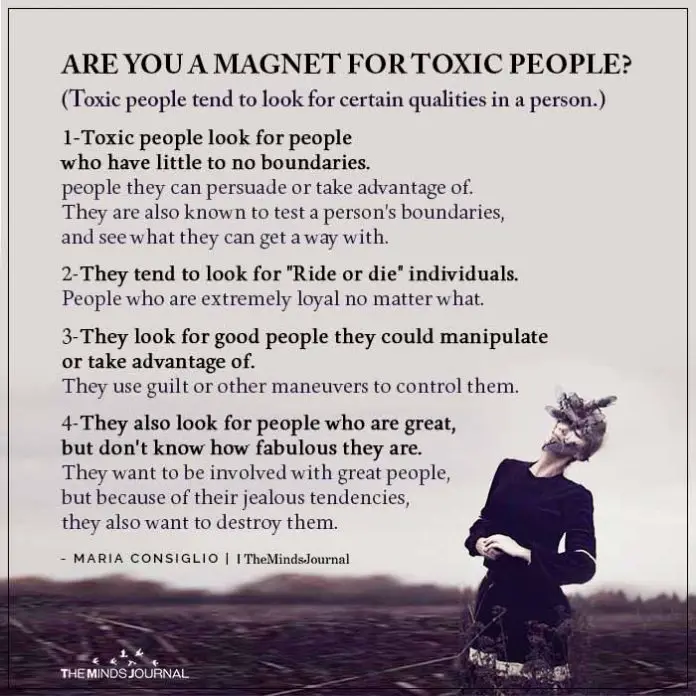
You must always keep in mind that this has nothing to do with you. Of course, you can be there to help but only if and when they want it.
If you are codependent as an adult, you have dealt with some abuse or narcissistic behavior in the past. You probably learned to put your stuff on the back-burner, and when you learned that behavior, you also learned that your needs do not matter.
Related: 7 Reasons Why You Keep Attracting Toxic People And How to Fix This
If you were in an environment in your childhood that wasn’t always the happiest or the best, you wanted to make that person, your parent or caregiver, feel better because their mood affected you.
You wanted to make everything good because you didn’t know how to navigate seeing that something wasn’t good. A habit you picked up over time was that when something was wrong with someone else, it was your job to fix it.
As an adult when you meet new people, you will always attract what the standard was growing up. You probably know logically that it’s not right, but it’s all you know.
Related: We Are Not Here to Fix Each Other and Why You Shouldn’t Try
Once you become more mindful and aware of this, you will start to realize what’s for you and what’s not. Being mindful means you get to choose. You must be mindful of the type of relationship you want in your life, what’s your responsibility, and what’s not.
Remember, when we have a partner, they are your partner in life. They are not there for you both to sit on top of each other. Of course, there will be times when you help each other, but there has to be a point where you understand you have to take care of yourself first.
When you heal your codependency, you will realize this more. Not every empath is a codependent and not every codependent is an empath, but they often go hand-in-hand.
If you are someone who is addicted to helping others, here’s an insightful video about why you should get rid of the fixer personality:
Written By Stephanie Lyn Originally Appeared On Stephanie Lyn Life Coaching
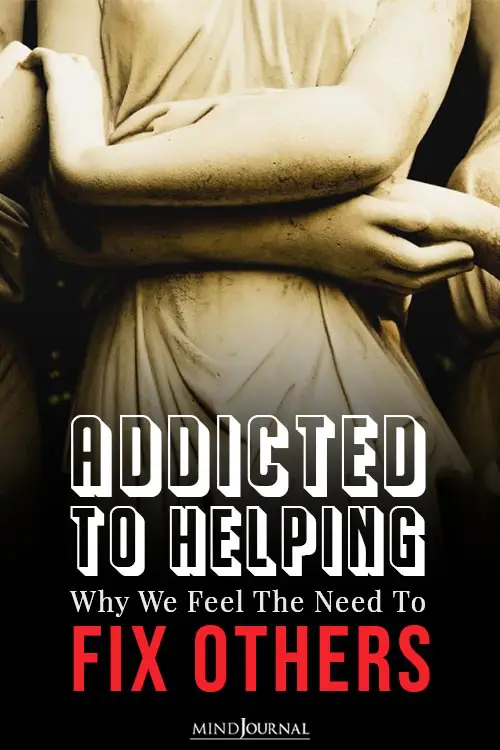
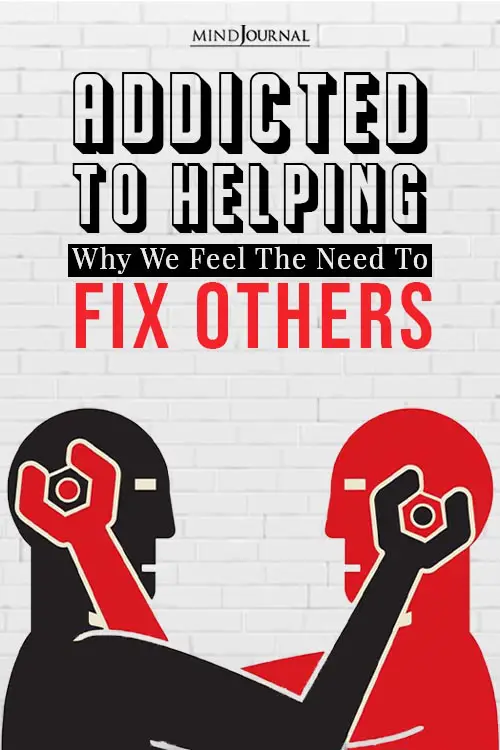
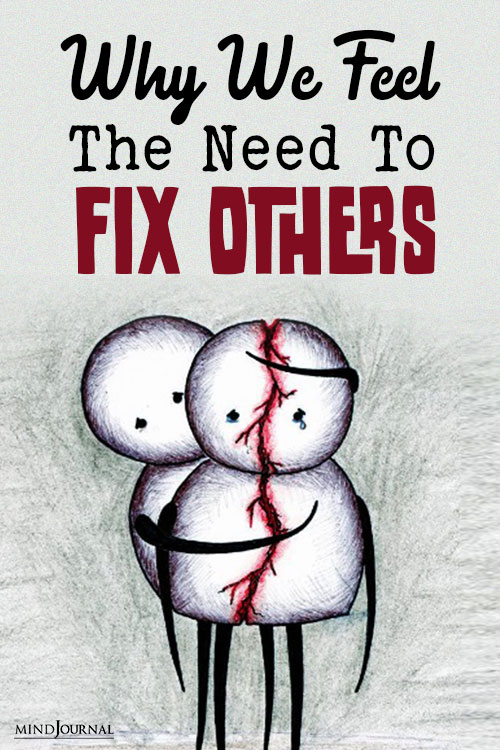
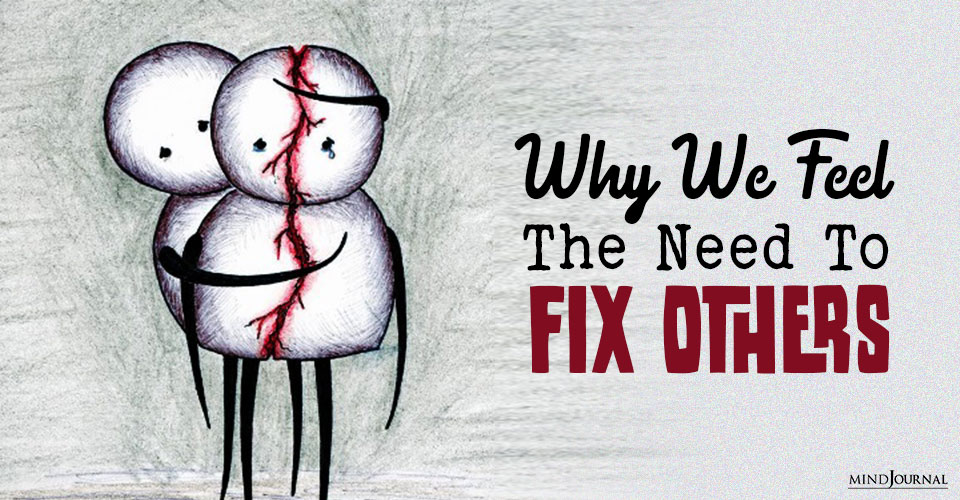







Leave a Reply
You must be logged in to post a comment.